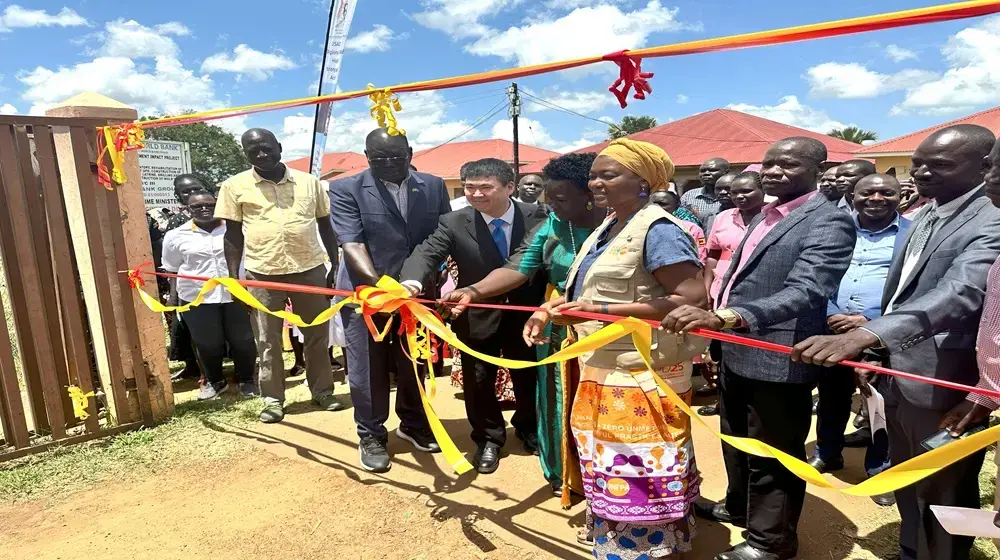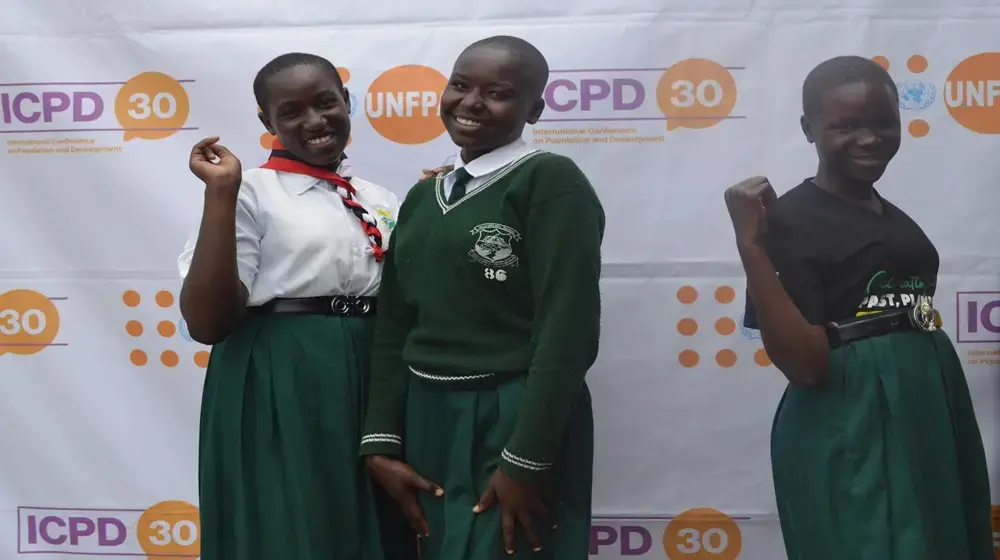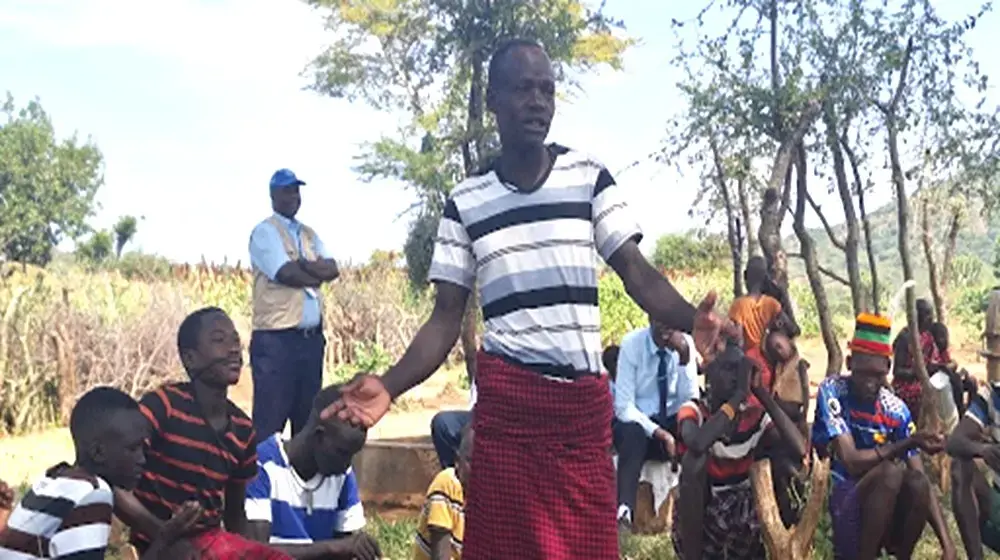The world is gearing up its response to the rapidly spreading new coronavirus, SARS-Cov-2. But as it does so, access to sexual and reproductive health services and care are being severely curtailed.
In 1994, the groundbreaking 1994 International Conference on Population and Development (ICPD) in Cairo produced a paradigm-shifting ICPD Programme of Action. The document committed more than 180 countries to ensuring comprehensive sexual and reproductive health care for everyone. It also recognised that sexual and reproductive health and women’s empowerment are intertwined, and that both are necessary for the advancement of society.
More than 25 years later, a third of women now use a modern contraceptive method compared to less than one in 10 in 1994, shows the United Nations Population Fund’s 2019 global report . Similarly, a woman’s risk of dying due to complications of pregnancy or childbirth has dropped from a 1-in-20 chance in her lifetime to 1-in-55 .
Many countries have criminalised gender-based violence, and have outlawed child marriage and female genital mutilation . New HIV infections in East and Southern Africa have declined by 28 %, shows UNAids latest data , while Aids-related deaths in the region have decreased by 44% since 2010.
But today, the promise of the ICPD Programme of Action is yet to be fully realised for millions of people in East and Southern Africa where UNFPA data tells us that the likelihood of a woman dying due to pregnancy or childbirth is twice the global average. Almost one in six young women will experience gender-based violence, says a 2013 World Health Organisation report.
Nearly all new HIV infections globally are now occurring in just 15 countries, mostly from the East and Southern Africa region, UNAids data shows.
And if sexual and reproductive health services services are not embedded now as part of national and local responses to the new coronavirus, in the coming months we are likely to see a rise in sexually transmitted infections and unintended pregnancies, including high-risk teen pregnancies — as was reported by at least one district in Sierra Leone during the 2014 Ebola outbreak, according to research published in 2015 in the Journal of Public Health.
As unintended pregnancies rise, so too may unsafe abortions. Meanwhile, the more women who give birth, the more women and babies stand the chance of dying due to lack of access to critical care and safe childbirth services.
A 2012 modelling study published in The Lancet estimated that access to modern contraception reduced the deaths of women during or shortly after pregnancy by 44% in 2008 among the almost 200 countries researchers reviewed.
But during Sierra Leone’s recent Ebola outbreak, disruptions in essential sexual and reproductive health services and changes in health-seeking behaviour killed nearly as many people as the disease itself, 2015 research published in the journal of Health Policy and Planning showed.
Meanwhile, the social and economic pressures created by coronavirus epidemics may worsen existing gender inequalities and vulnerabilities , increasing risks of mental, physical and sexual abuse, suggests a recently released report by the Center for Global Development.
But we can stop this, which is why we are making an urgent appeal to all countries to think about these five ideas as they plan their responses:
While dealing with the pandemic, ensure continued access to quality essential and integrated sexual and reproductive health services, including modern contraceptives, as well as the prevention and treatment of HIV and other sexually transmitted infections. Be alert to evidence of sexual and gender-based violence, and other harmful practices;
Life goes on: antenatal, childbirth, newborn and post-natal care and the management of unintended pregnancies remain critically important;
Prioritise the safety of frontline health care workers and other vulnerable groups, including women and young people. Include them in your COVID-19 preparedness and response decision-making processes at the national, sub-national and local levels;
Collect accurate and complete age and sex-disaggregated data to understand how COVID-19 impacts different segments of the population;
Identify ways to ensure minimum disruption to the provision of comprehensive sexuality education, counselling and services for infertility, prevention and management of reproductive cancers, and sexual health — including menstrual health.
We urge our partners to fully consider the advice and guidelines from the World Health Organisation, United Nations Population Fund and broader United Nations system as they develop and implement COVID-19 preparedness and response plans.
Any backward trend in access to SHRH services will not only devastate the lives of millions of women and girls but also slow down the progress towards the Sustainable Development Goals (SGDs) which are crucial for creating a more equal, prosperous and sustainable world.
We stand ready to support countries against the pandemic. If we take action now, we can minimise human suffering later.
Matshidiso Moeti is the World Health Organization Director for Africa. Follow her on Twitter: @MoetiTshidi. Julitta Onabanjo is UNFPA Regional Director for East and Southern Africa. Follow her on Twitter: @JulittaOnabanjo.




